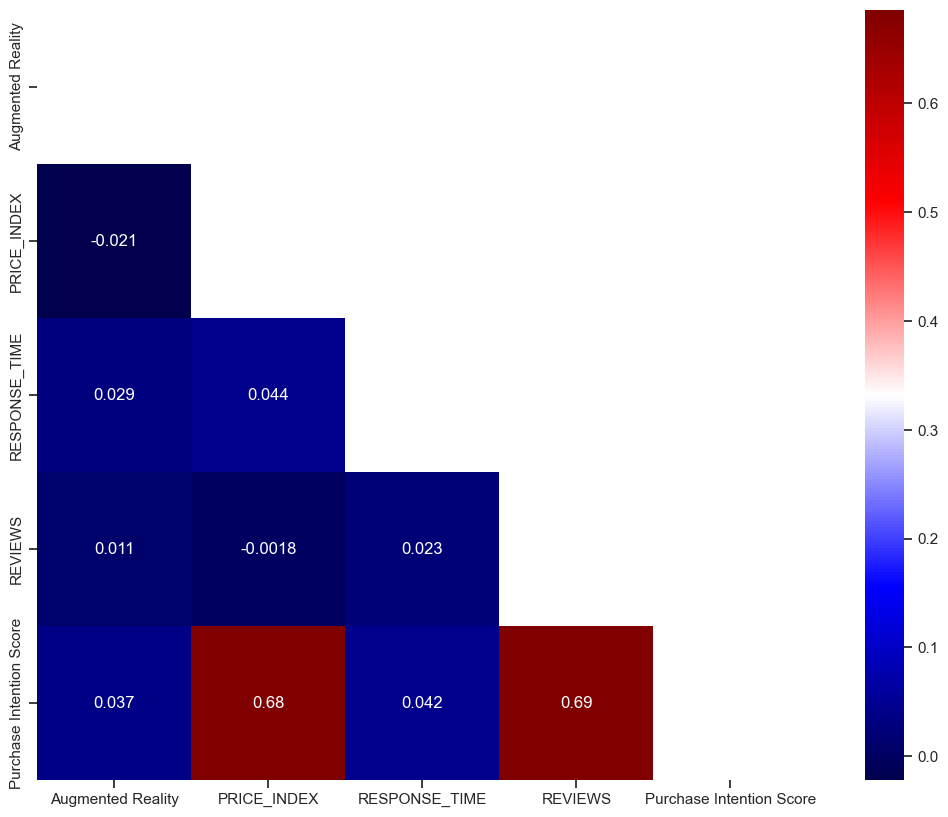Impact of Augmented Reality on Purchase Intention of Foreign Products Online
Keywords:
Augmented reality, Customer experience, International consumers, Purchase intention, Robust Least SquaresAbstract
Augmented reality (AR) is a significant technology that holds the promise to transform how consumers interact with products before purchasing. It creates immersive experiences that enable people to engage with digital material in a more intuitive and straightforward manner. When used effectively, AR can be influential in every stage of customer journey including purchase intention stage. Assessing purchase intention of international consumers is critical for organizations because it allows them to plan and make choices about marketing, inventory, and expenses. Purchase intent provides international companies with information on what their global consumers are willing to purchase enabling them to modify their marketing and goods to better fit their customers' demands. This research examined how augmented reality increase the purchase intention of global customer using the data, which includes data for 810 different overseas visitors of an e-commerce site. We collected these data from visitors of a global e-commerce shop that integrated augmented reality (AR) into their smartphone app to enable users to imagine how they would appear with various items. The study performed a Robust Least Squares Method-estimation. Our research's findings provide some early proof that using AR increases the level of purchase intention of foreign products. The findings also indicate that price, and the number of positive reviews increase the purchase intention of foreign products. Customers' buying intentions may help firms predict future trends and organize their strategy appropriately. Businesses must also understand the elements that drive purchase intent, such as immersive experience with AR, consumer demographics, nationality, product attributes, pricing, and customer experience.

Downloads
Published
How to Cite
Issue
Section
License
Publication Licensing Terms:
Copyright: Authors retain copyright, granting the journal first publication under a Creative Commons Attribution (CC BY) license.
Licensing: The CC BY license allows any use with proper attribution and a link to the journal's website.
Author's Warranties: Authors confirm their work is original and does not violate any third-party rights.
Reuse and Distribution: Authors are free to share their work online after publication.
Attribution: Users must credit the work as specified under the CC BY license without suggesting author endorsement.
Responsibility: Authors bear responsibility for copyright infringement issues.
